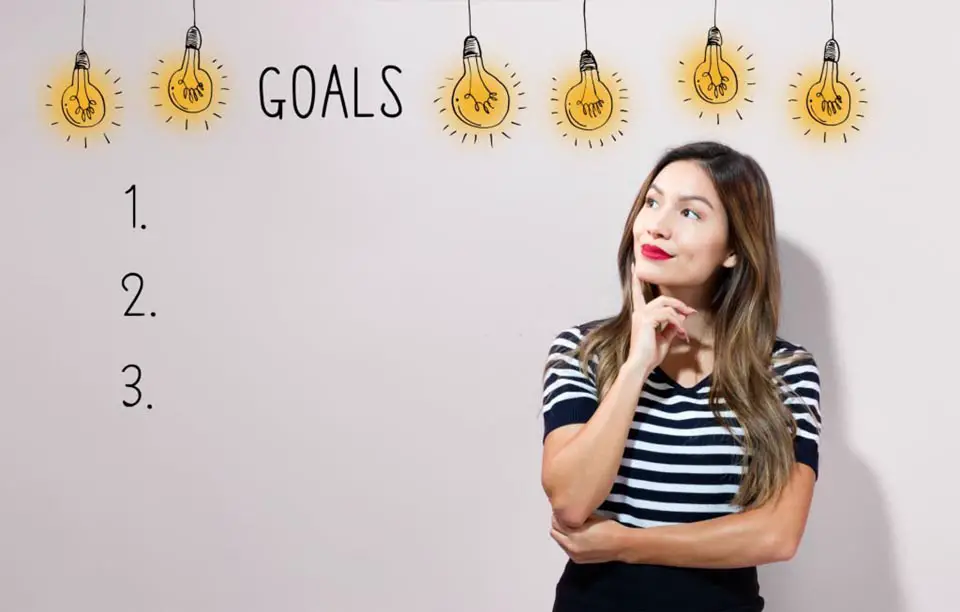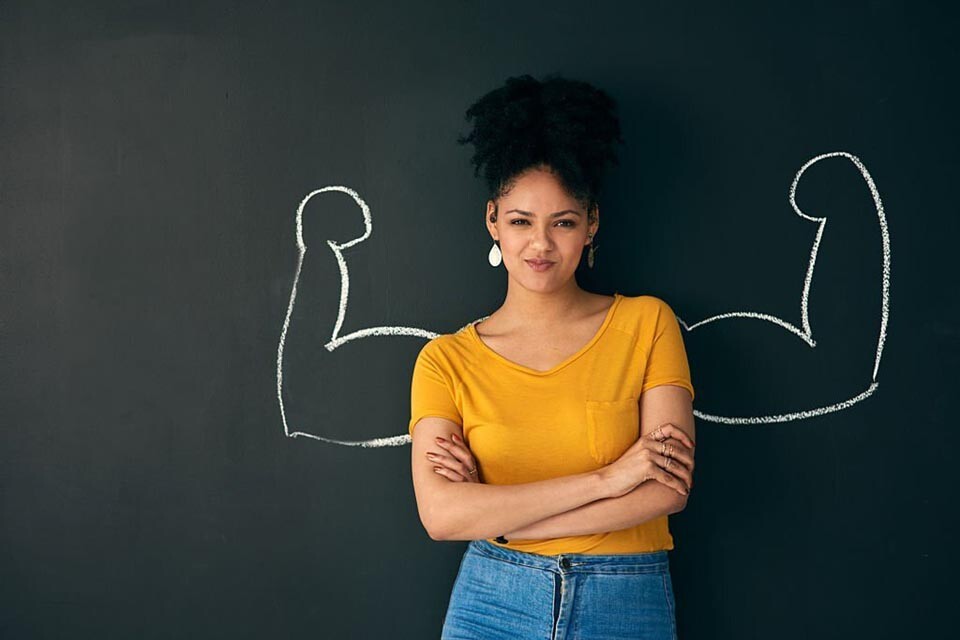We all want the best for our children, and so because of that, we try to get them started on their education early. Can you do the same for toddlers, though? After all, they can’t even talk, much less read or do basic math. Well, there are ways to make sure your child can really improve their development.
Children are more capable than we give them credit for, and while these activities may seem fairly basic, they’ll help your child succeed in the long run. So, let me give you the rundown on how to get a head start on your toddler’s development.
Label Household Objects
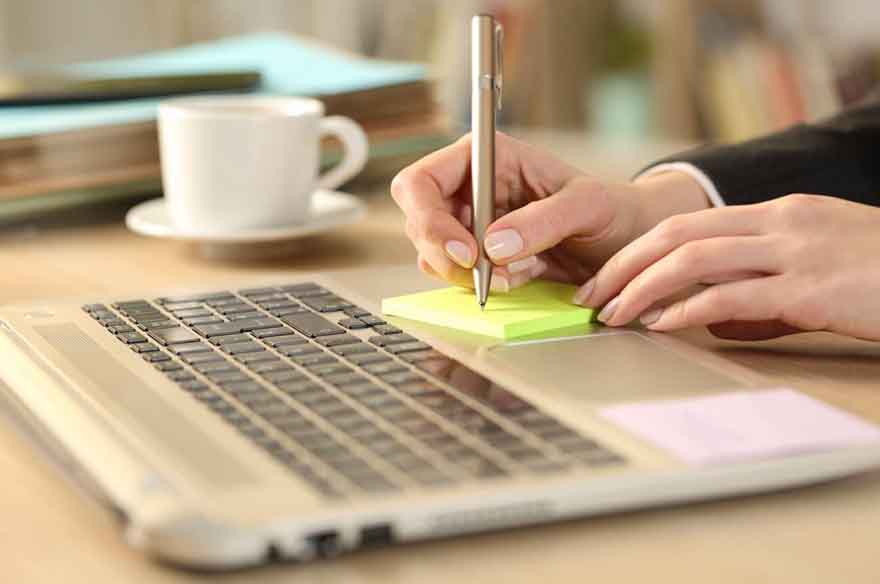
You may want to invest in a label maker, but some scotch tape and a marker will do you just fine, as well as index cards. Just make sure the font is large enough for them to see and at eye-level.
According to Childcarelounge.com, labeling allows your toddler to recognize that everything has a set of common symbols that can be written down and identified. By the time they’re a toddler, they may understand words like “fridge” and “table” when it’s spoken to them. If they’re too young to properly recognize letters, though, you’ll still be able to point out the different letters and introduce them to words. If they’re old enough to recognize letters, try asking them what letter “fridge” starts with, and then have them find something that starts with the letter “F”.
Practice daily to really reinforce these lessons and you’ll be on the right track to success.
Scavenger Hunts
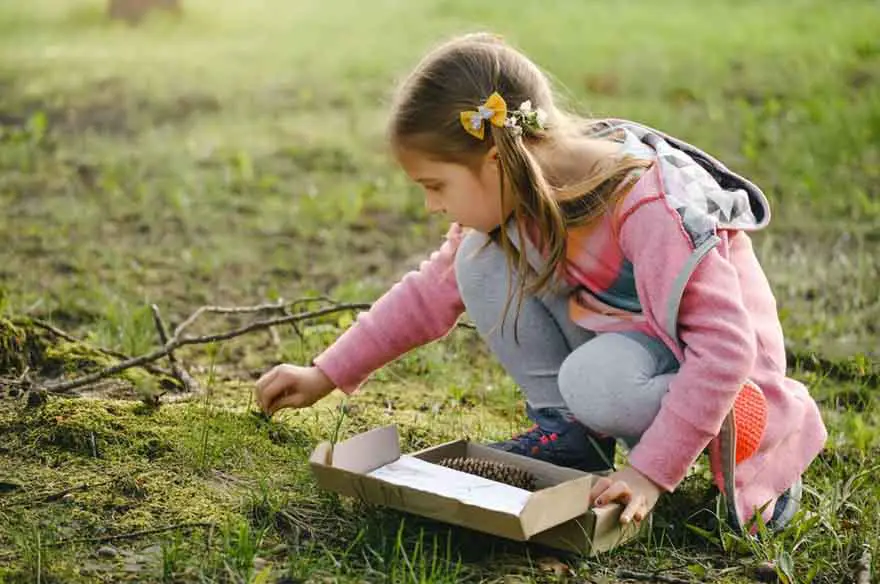
Children like to explore, something that helps to improve their development. After all, what is learning if not exploring the unknown? It’s time to put your toddler’s thinking skills and memory to the test by arranging a fun little scavenger hunt.
Because they’re just a toddler, you’re going to have to be fairly basic, and hiding things is usually a no-no. When your child starts getting frustrated, that’s when they stop wanting to participate. You can create a list of things for them to find, or you can make it up as you go along. “Can you find me something that’s green?” or “can you find me a toy that looks like a circle?” are good ways to start. You can also try it out at the grocery store to keep them distracted, such as finding a food that’s a certain color or packaging that’s a certain shape.
If you want to boost that little ego, pretend that you’ve lost something (like a pair of shoes) and can’t find them. They’ll find them for you and you can shower them in praise.
Play Around with Textures

Because they’re too young to learn any other way, toddlers will gather all their information from their senses. What do some things feel like? What do they smell like? How do they sound when you run your hand over it? Is it hard or soft?
Believe it or not, you can actually use this with letters, though it may take a bit of work on your part. Write down big letters with a marker and then cover them with different textures, such as felt, beans, pipe cleaners, or cotton balls. Allow your toddler to run their hand over the letter and really explore it for themselves. It allows them to recognize how these letters are formed. Keep these letters on hand to practice with every day until the day comes when they can eventually hold a utensil. They will eventually begin to recognize these letters in the words on screen and or on the cover of their favorite bedtime book. The first word they should properly learn is their first name, so always start with that.
Use Items for Measurements
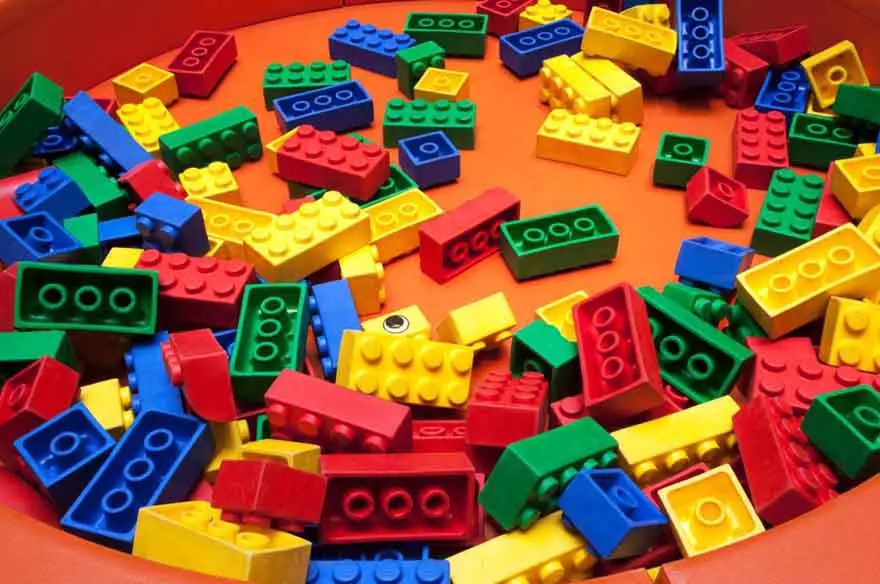
Imperial system? No. Metric system? Absolutely not. It’s all about “how many apples tall is this plate?” or “how many blocks long am I?” It’s a simple, but effective strategy to get a child to understand counting and an early start on basic measurement. Use Legos to find out how tall the table is, or have your child lie down and line up blocks to see how long they are. Take out a piece of paper and have them find out how many Legos can fit inside and have them count it out, or have them count how many steps it takes to get from the sofa to the fridge. Once again, a very simple process, but it’s one that’s very fun for your toddler.
Sing Vocabulary Words
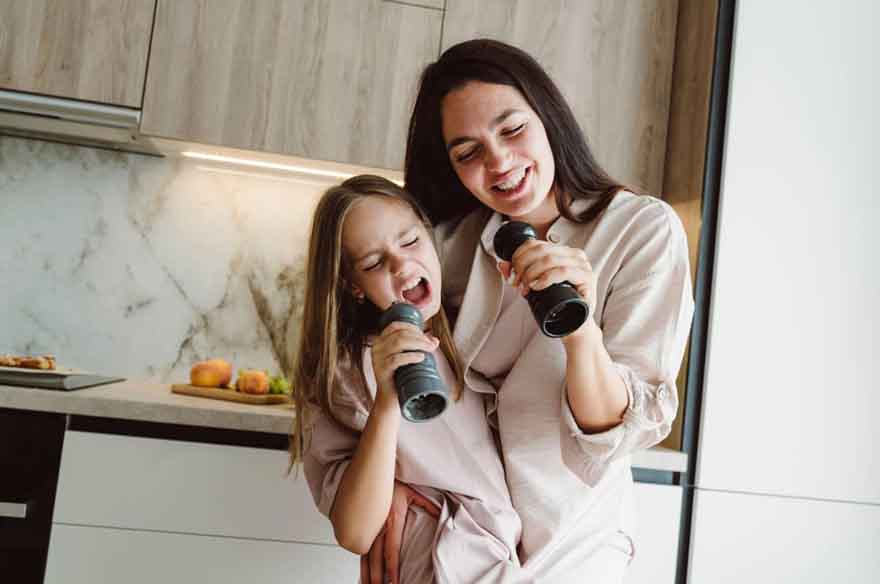
This one is relatively easy because of Youtube or any of the kids shows that they watch. You can find a litany of songs focused on vocabulary. There’s also the classic songs such as the Alphabet Song or Mary Had a Little Lamb.
Before they can even read, it’s estimated that children learn around 9 to 10 words a day. Singing helps not only build up their vocabulary, but also their understanding of what certain words mean. Find catchy songs for them to sing with you, but make sure you switch it up now and again. If they like a song playing on the radio, make sure you encourage them to sing along. The real reward comes when you ask them to sing the song all on their own.
Help Them Remember Family
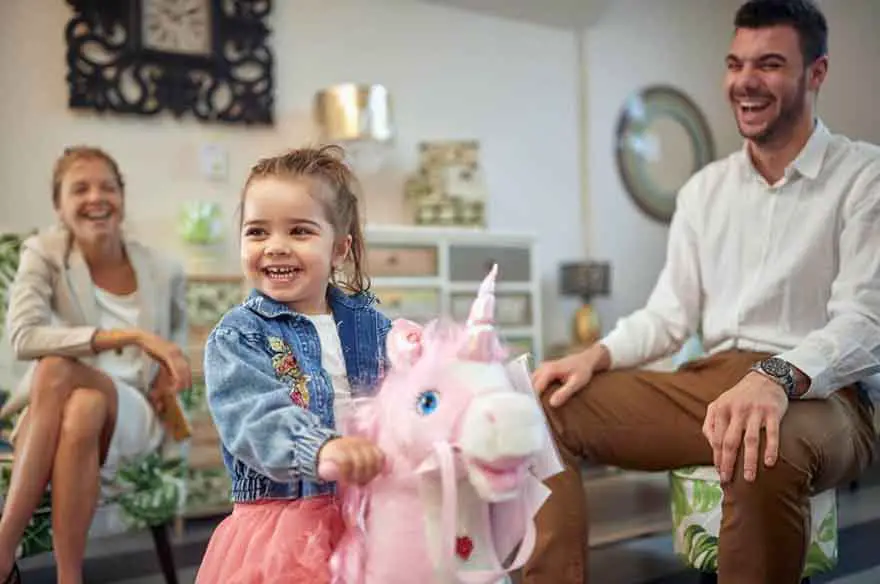
I’m sure you have quite a few framed photos in your house by now. A good idea is using notecards to label them as brother, sister, grandma, uncle, etc. Read books to them that contain family vocabulary, and then ask them to point out said family member in your pinned photos. For example, you could point to a character and say “This is his grandma! Do you know who your grandma is?”
This will not only get them familiar with the vocabulary surrounding family, but it also helps them to remember family in general. Not only does it help them develop, but visiting family will definitely appreciate it.


